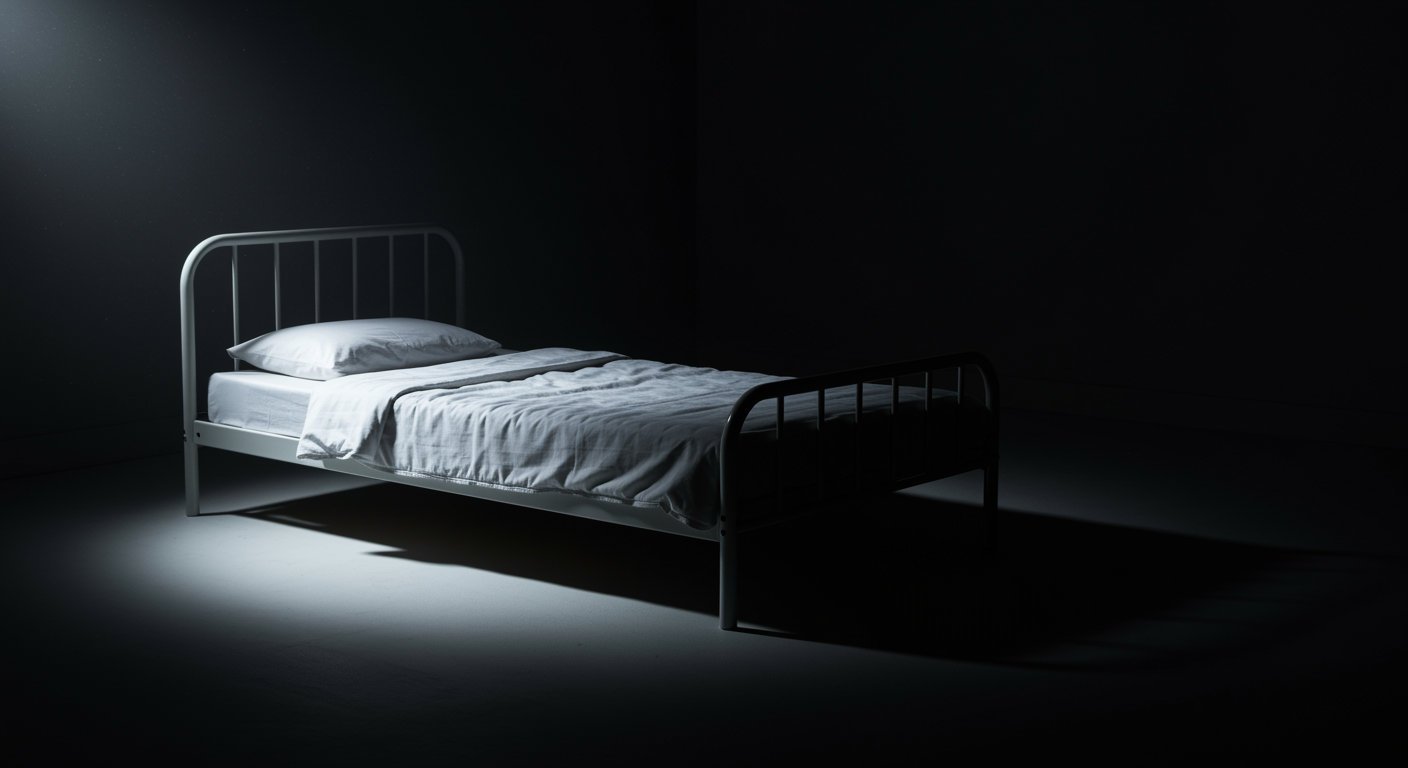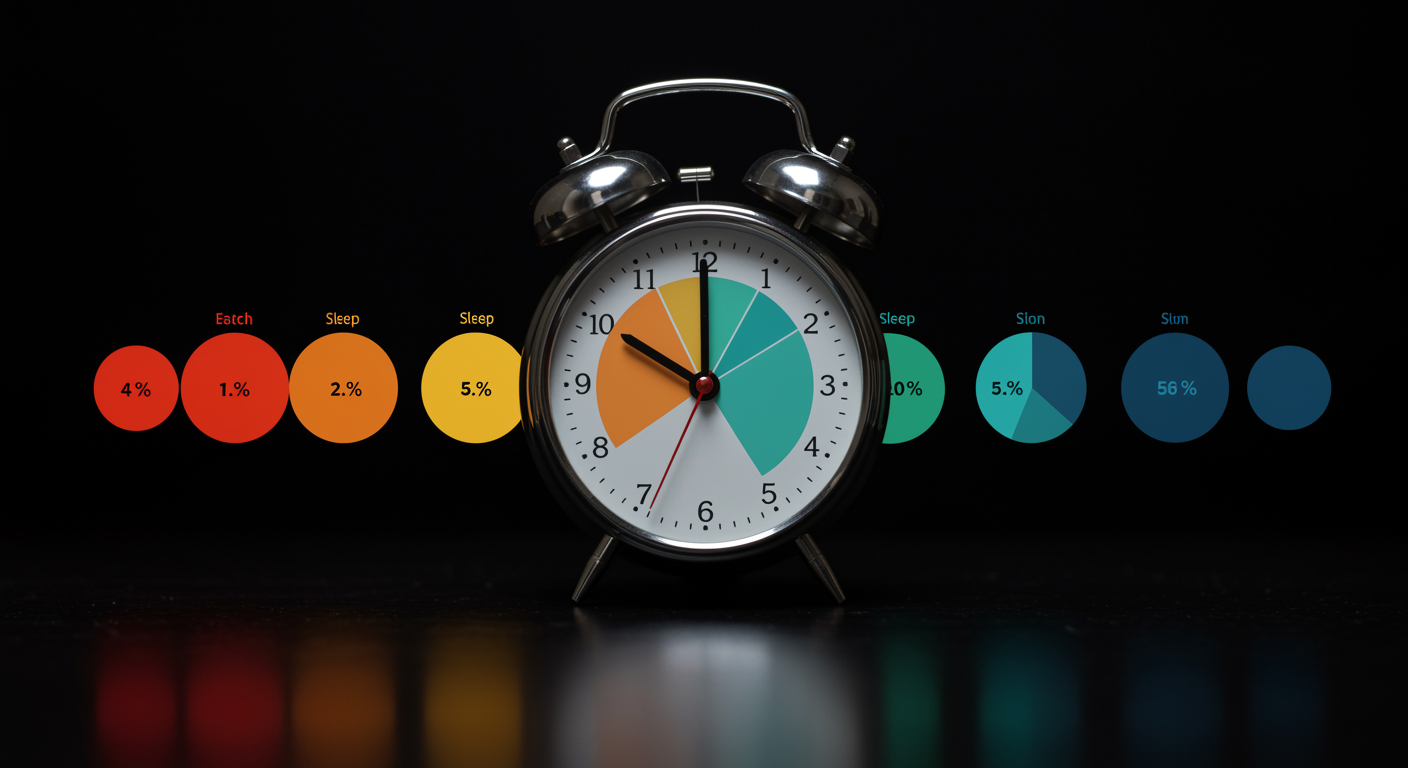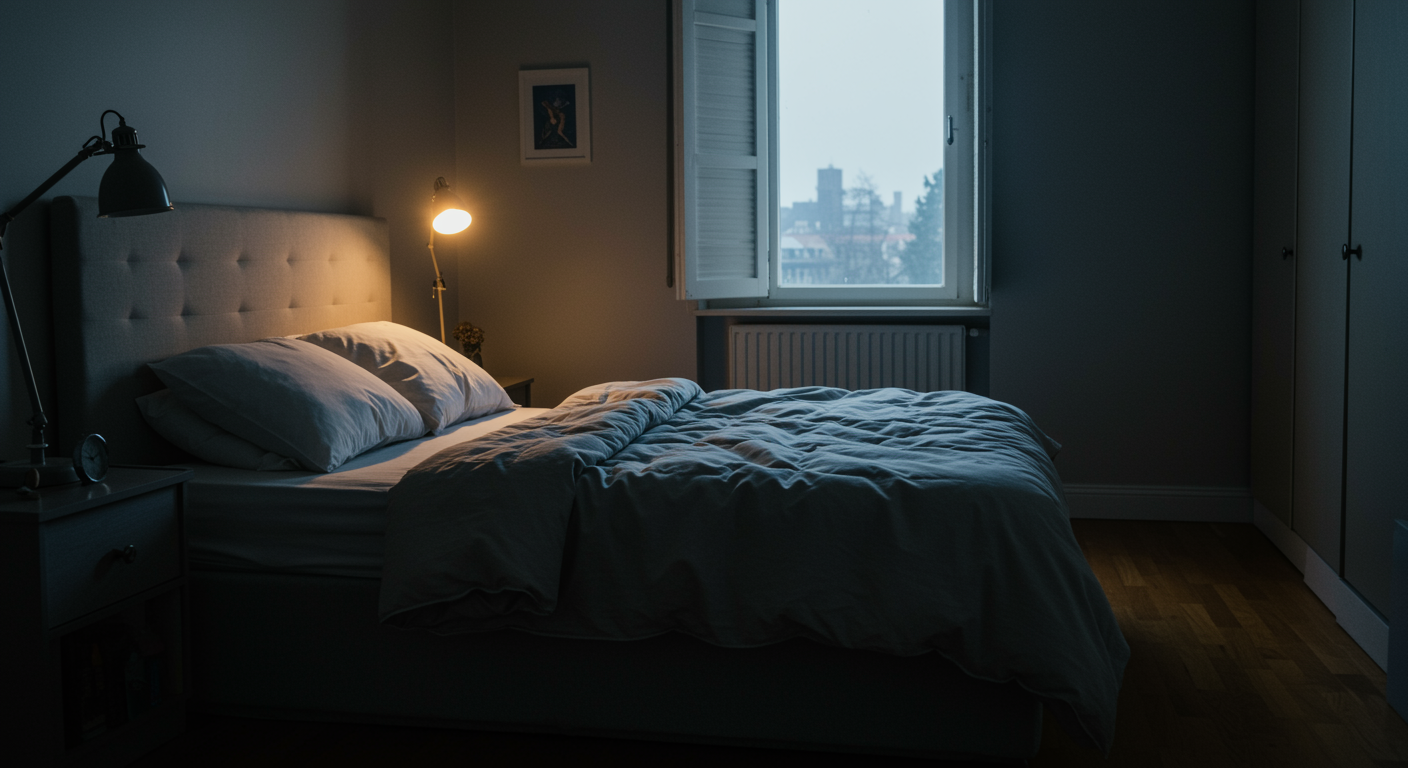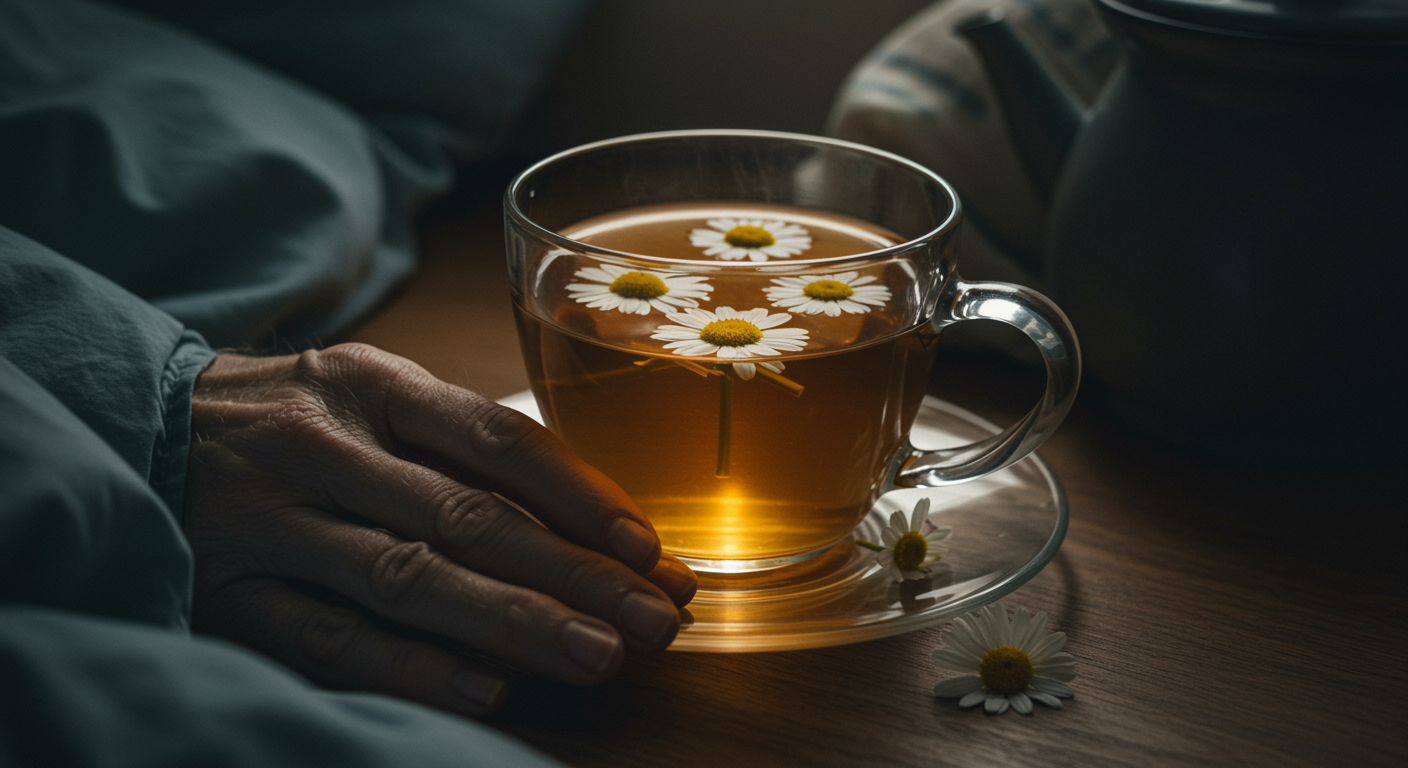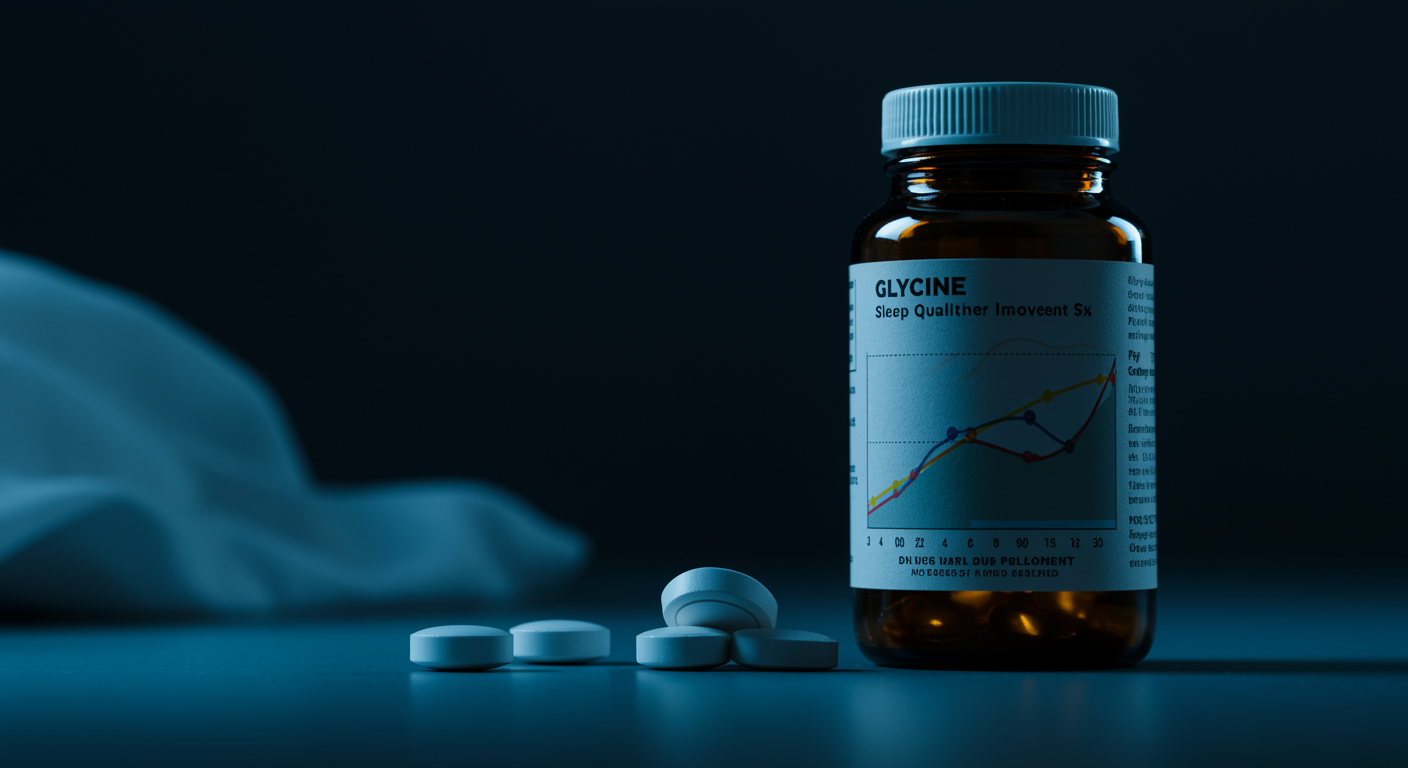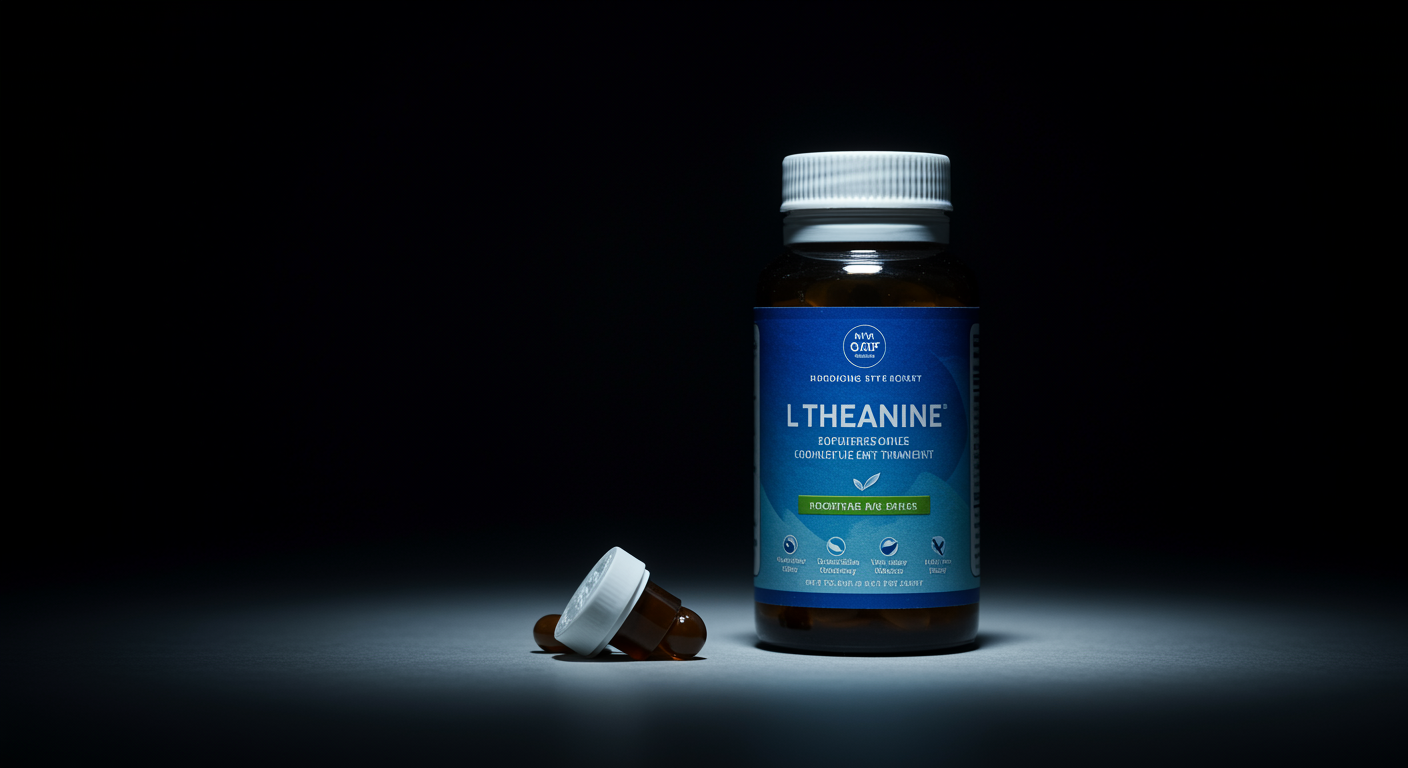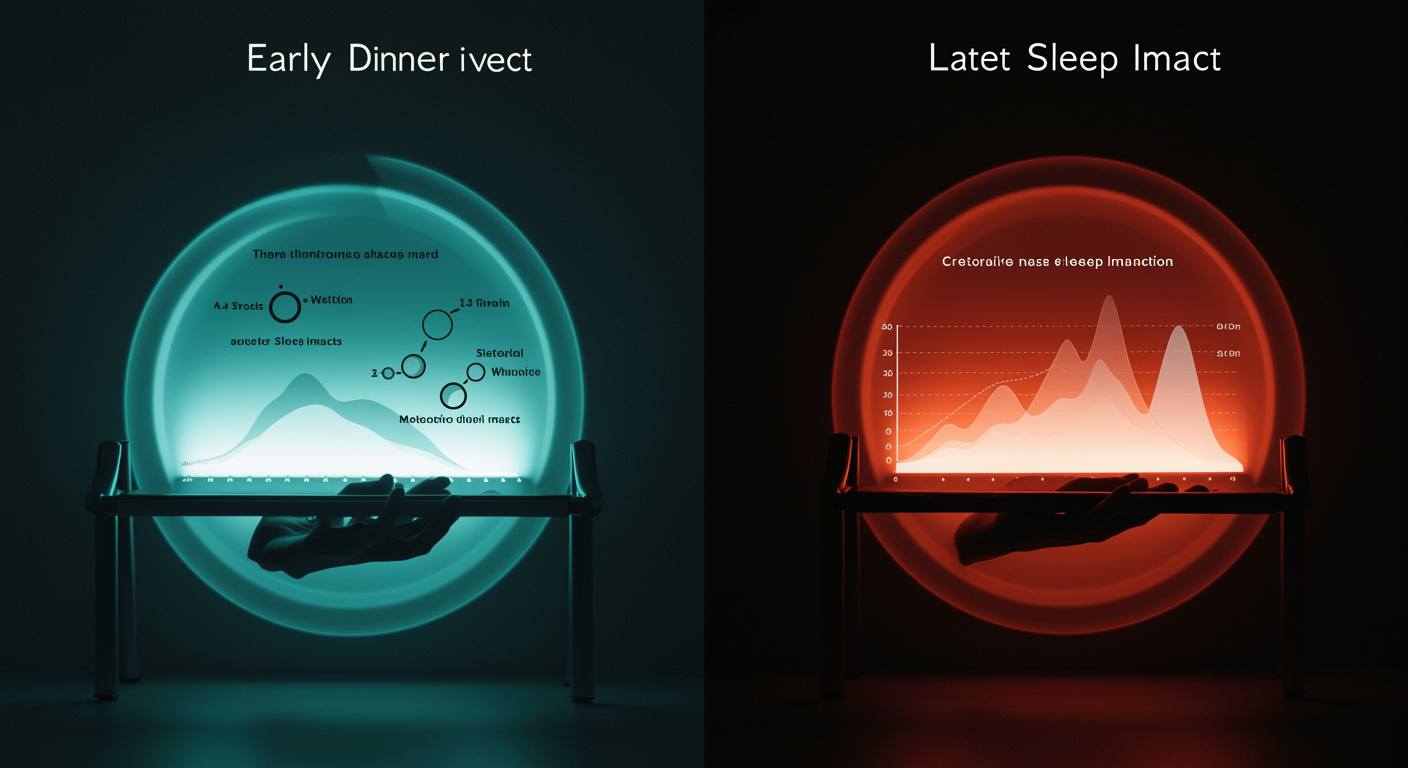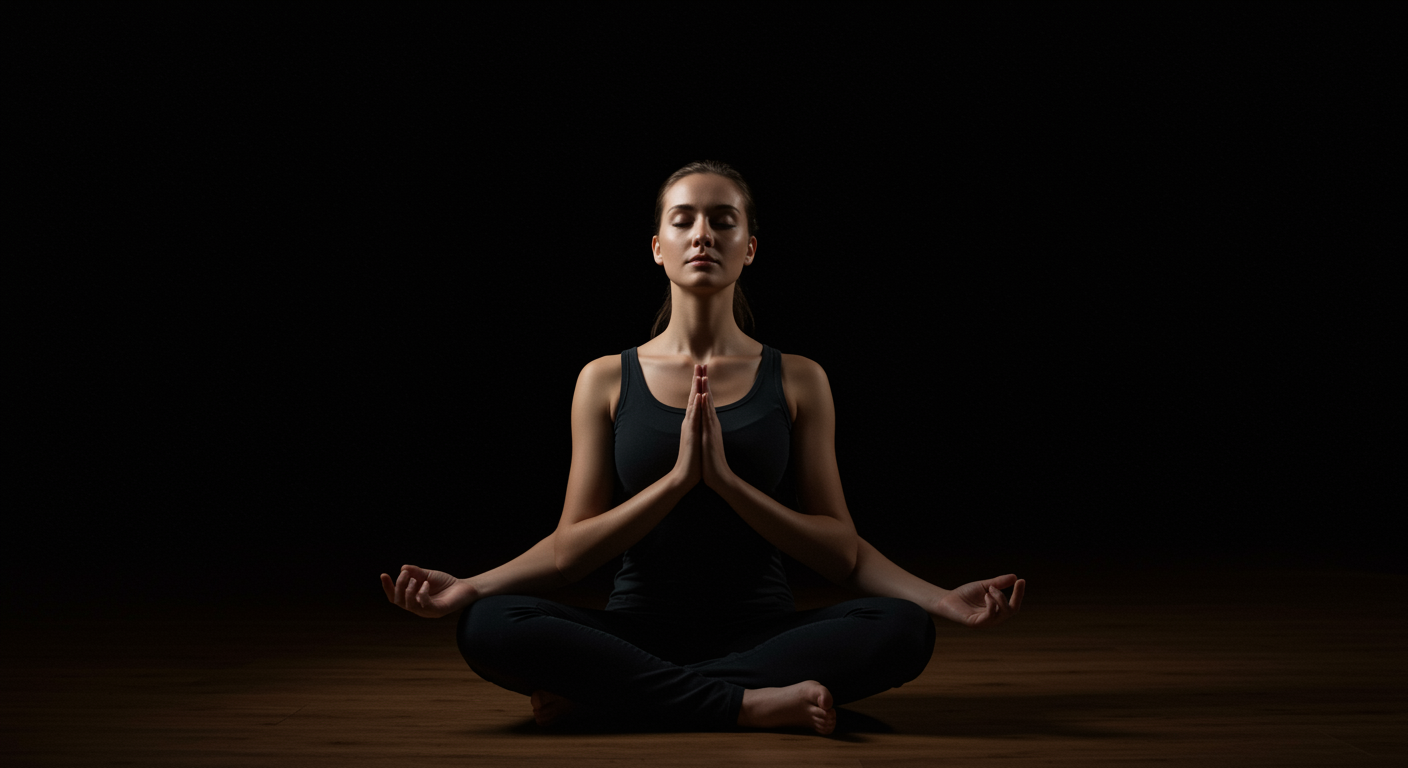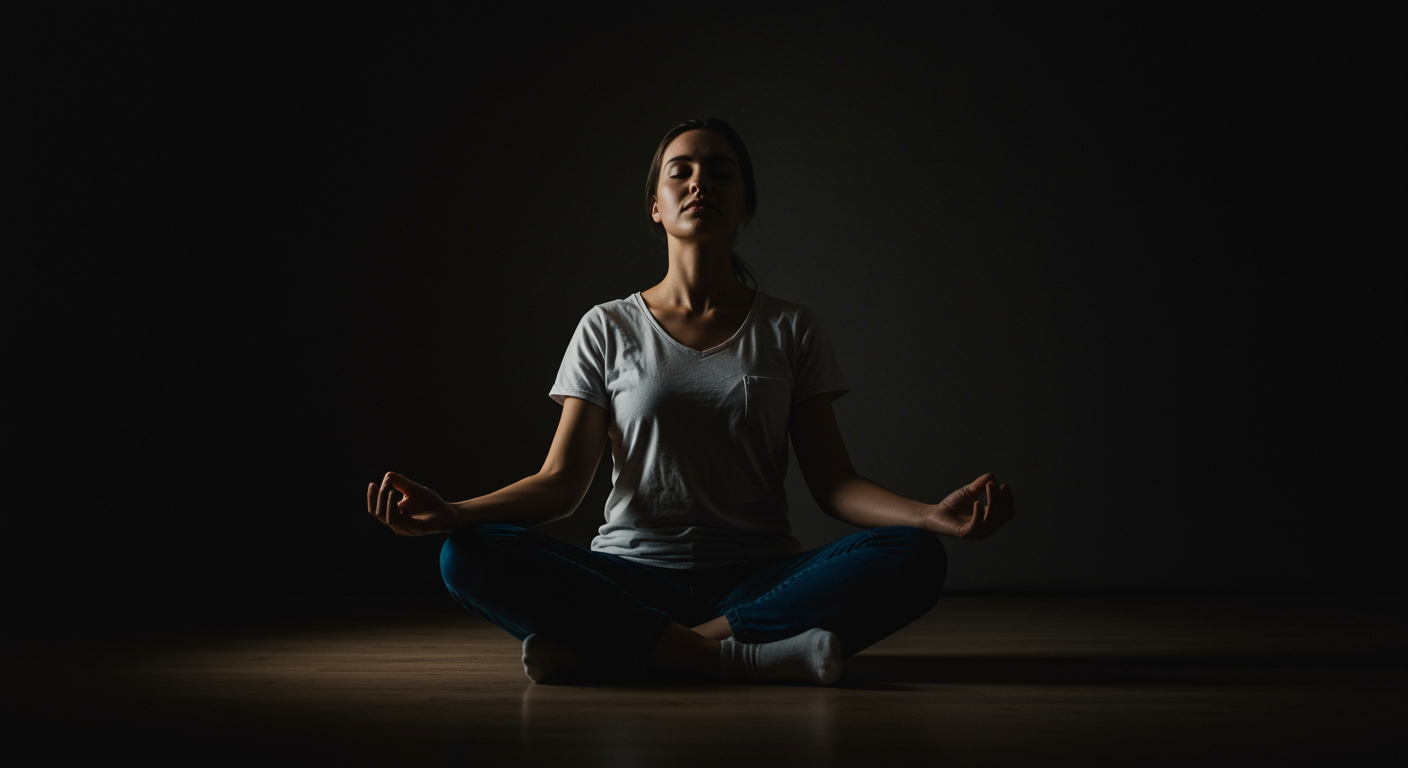Loneliness Disrupts Sleep: The Hidden Connection Between Social Isolation and Rest
How Do Loneliness and Social Isolation Actually Disrupt Your Sleep?
Loneliness and social isolation create measurably different patterns of sleep disruption, with loneliness primarily affecting perceived sleep quality and duration while social isolation disrupts objective sleep architecture. This national study of older adults using both actigraphy monitoring and self-reports found that lonely individuals experience more insomnia symptoms and shorter sleep duration, while socially isolated individuals show increased wake time after sleep onset and reduced sleep efficiency, demonstrating that social disconnection affects sleep through multiple distinct pathways.

